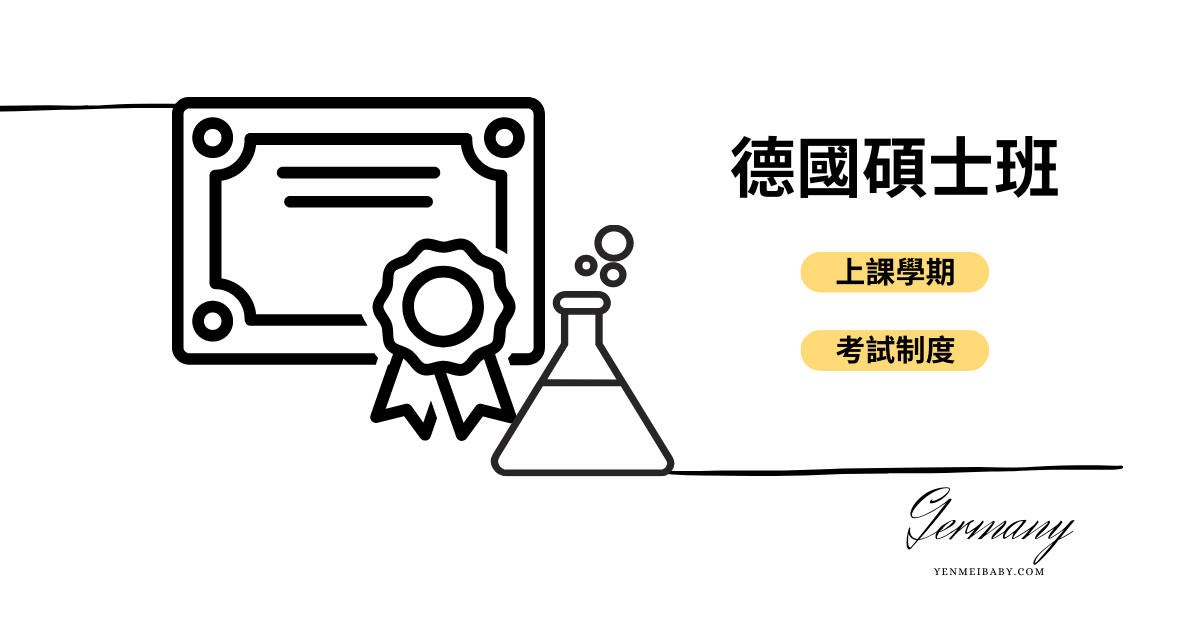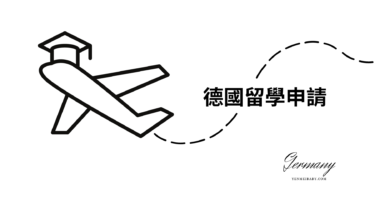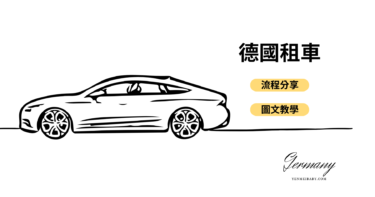
【Germany】How professor teach in master program Classes, Examregulations, and the length of semester
In German universities, a class lasts for 90 minutes with a 20-minute break between classes. There is no lunch break, and classes can run from 8:30 am to 9:00 pm, though most courses end before 6:00 pm. This type of schedule can be challenging for students in terms of focus and endurance.
In terms of the exam system and length of the semester, they are also different from other countries. The German academic year is divided into two semesters: the winter semester (October to March) and the summer semester (April to September). Students only take one exam per semester.
The main months for classes are the winter semester (October to January) and the summer semester (April to July), with exams taking place in July for the summer semester and February for the winter semester. Most exams are concentrated during these two months, with the remaining months serving as vacation or makeup exam time. Some exams may also be offered during vacation periods, although not all subjects have this option, and some courses may run longer, leaving only one or two weeks of vacation time.

In Germany, exams are crucial and students only get one chance to pass. There are no midterm or final exams, and students must register for exams within the first two months of the semester. If they are not confident, they can withdraw from the exam up to two weeks before the exam date (this may vary by university). If a student fails the exam three times for the same course, they cannot graduate from that program and must find another path or take the highest degree they have earned. Therefore, students must choose their exams carefully and should not give up if they fail the first time. They must pass the exam to move forward.
For undergraduate programs in science and engineering, exams are usually in the form of written tests or reports. For master’s programs, exams may include oral exams, written tests, or a few reports. During oral exams, professors will ask questions related to the specified range of topics to test the student’s understanding. If the student cannot answer the question, the professor may use guiding questions to determine if the student does not understand the material or has simply forgotten it. This is a good way for professors to understand the level of the student’s learning.

When I first arrived in Germany, aside from the food, the thing I had the most trouble adjusting to was the long class time. 90 minutes of class time doesn’t sound like a lot, but it was a lot to experience, especially since I was learning professional knowledge in a non-native language, which consumed additional brainpower. Additionally, there were some technical terms that, if not memorized in English, would lead to some disconnection in university courses. These are all the difficulties that need to be overcome when studying abroad.
In terms of credit requirements, my master’s program required about 120 LP (Lecture Point) to graduate. A main course is worth 5 LP, and elective courses have different LP values ranging from 5 to 3 depending on the class hours. The master’s thesis accounts for 30 LP.
In Germany, most professors don’t take attendance, and even if they do, it’s only for bonus points (although there are exceptions). Therefore, it’s important for students to attend class voluntarily. All German professors are required to complete an education program before obtaining a professor qualification, so based on my personal experience, the quality of teaching is quite good. Even research-oriented professors don’t teach poorly. Of course, there are professors who allow plagiarism, but overall, I think the professors are good at teaching.




